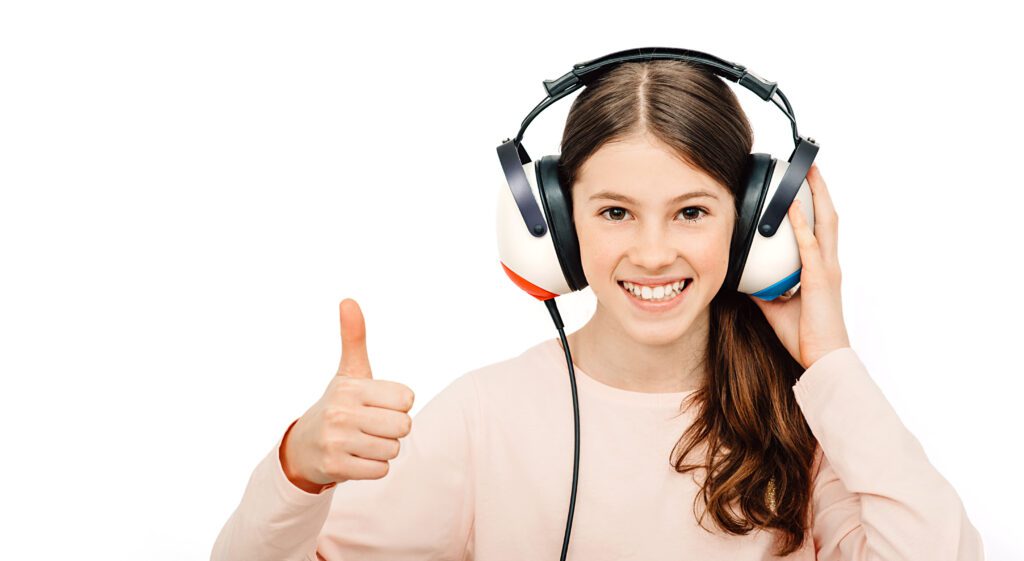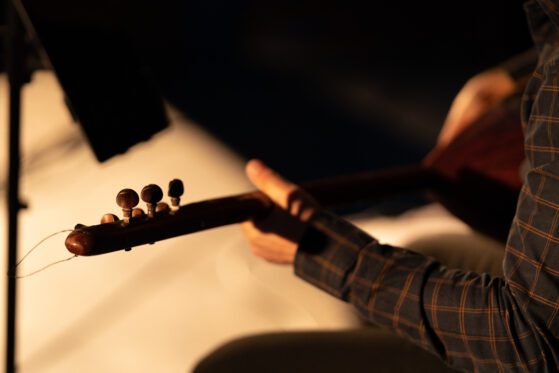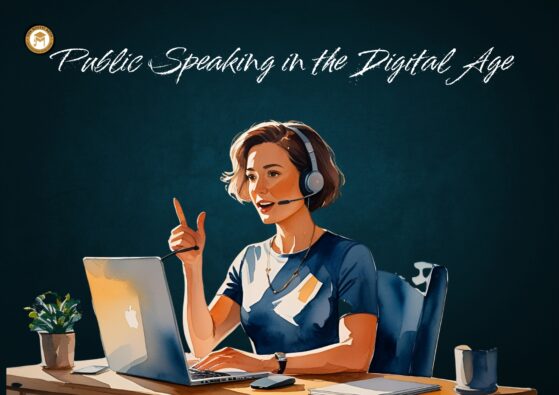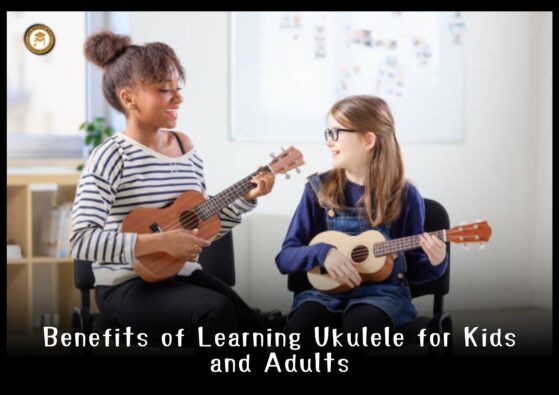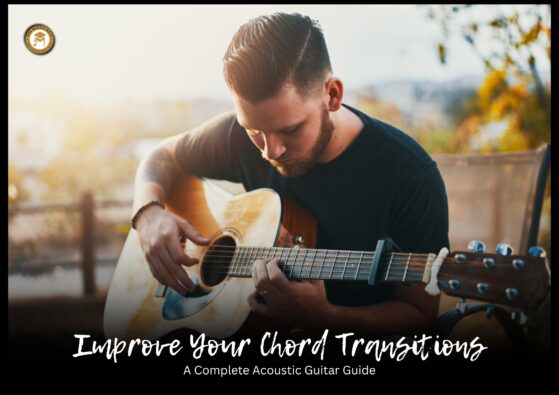Learning Music Faster | Simple Tricks That Really Work
Have you ever wondered if there’s a smarter way to learning music rather than just repeating scales endlessly or memorizing songs line by line? The good news is—yes, you can learn music faster. And no, it doesn’t require superpowers or perfect pitch. All it takes is a smart approach, consistency, and the right techniques.
Music learning is a journey, but it doesn’t have to be a slow one. By combining scientific learning strategies with personalized music training, even beginners can make surprising progress in a short time. Here’s how.
1. Practice Smarter, Not Longer
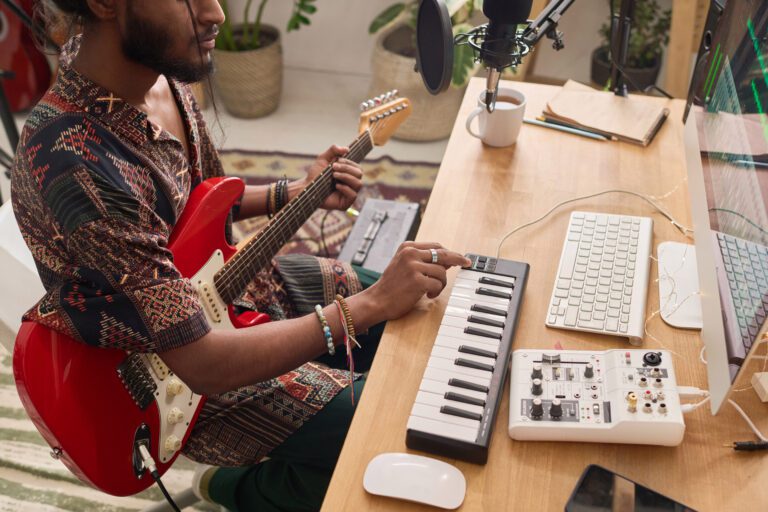
Spending hours mindlessly playing isn’t effective. Instead, aim for focused sessions:
- Set clear goals for each session.
- Break pieces into small, manageable sections.
- Use a timer: practice in 25-minute blocks with 5-minute breaks (Pomodoro Technique).
- End every session by reviewing what you’ve mastered.
- Focused practice builds muscle memory and clarity faster than long, unstructured sessions.
2. Record Yourself Regularly | An Important Ingredient in Learning Music Faster

Recording and listening back helps you catch mistakes you don’t notice while playing. It also builds self-awareness and allows you to measure improvement over time.
At The Mystic Keys, we encourage all our students to submit video recordings of their homework, which helps improve not only their playing but also their camera confidence and performance readiness.
Music Theory Helps in Learning Music Really Faster
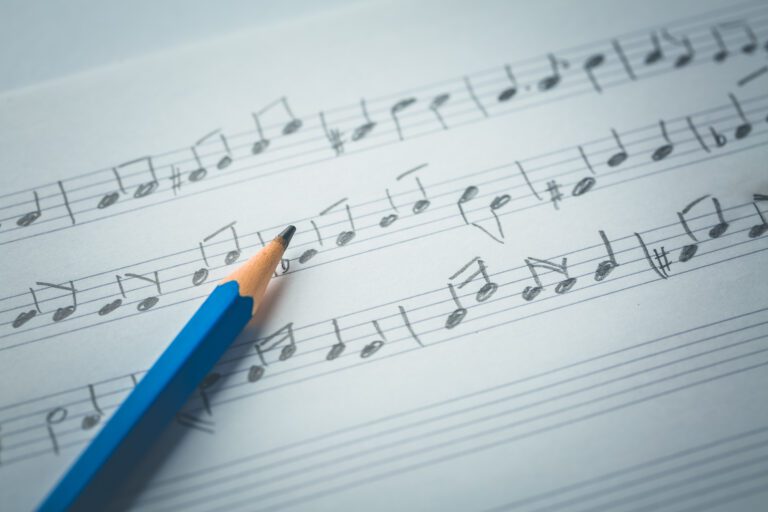
Understanding the “why” behind the music helps you play better. Instead of just memorizing chords or notes, learn the structure:
- How scales relate to chords
- Circle of fifths
- Time signatures and rhythmic patterns
This will drastically reduce the time you spend trying to “figure things out” and improve sight-reading and improvisation skills.
Use Visualization and Mental Rehearsal
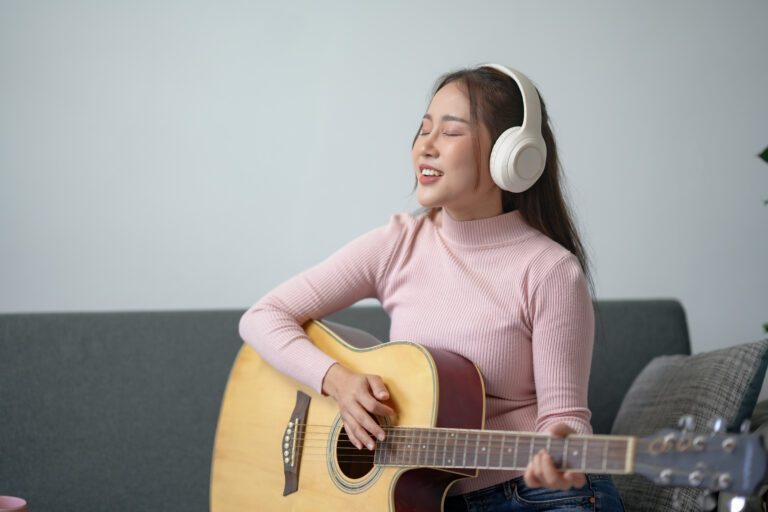
Professional musicians often use visualization techniques—mentally playing their instrument or hearing notes in their head. Doing this before bed or during breaks strengthens memory and reinforces neural pathways.
Try closing your eyes and picturing your hand positions, notes, or vocal movements. Your brain processes this similarly to actual practice.
5. Stay Consistent with Short Daily Practice
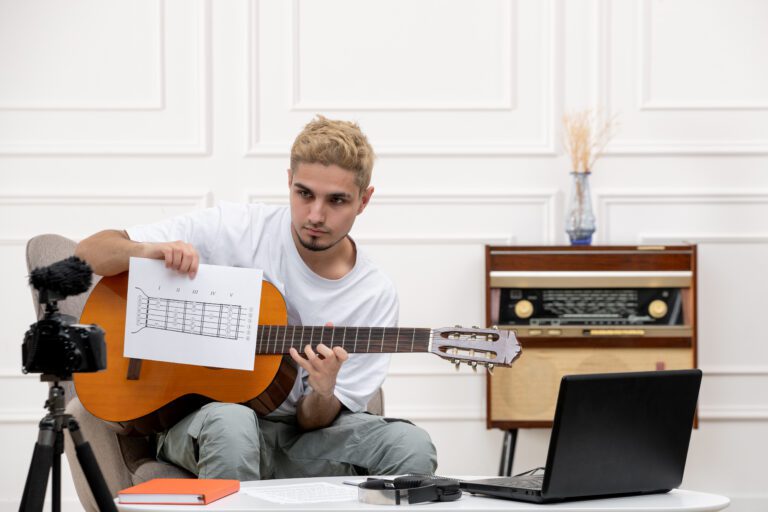
Five days of 20-minute practice is more effective than one day of 2 hours. Short, consistent sessions keep your brain actively engaged and help you retain information longer.
Set a reminder and create a habit. Use your calendar or a practice journal to track your progress. Consistency builds momentum.
6. Break Big Goals into Micro-Goals
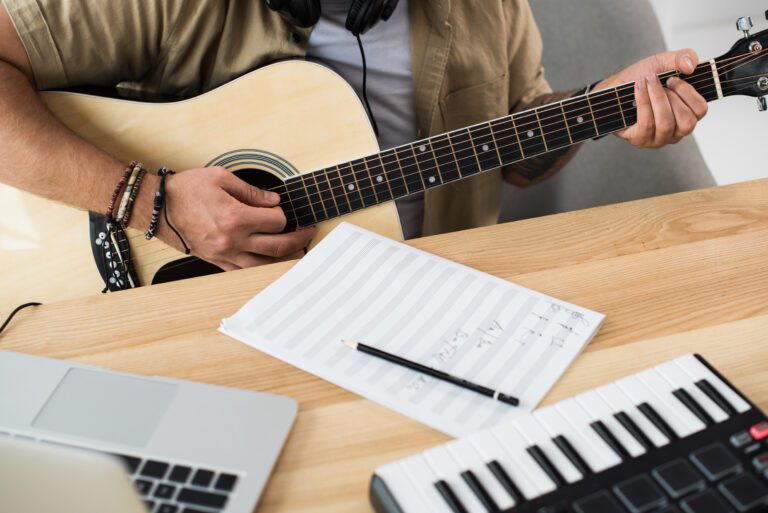
Instead of saying, “I want to master this song,” set micro-goals like:
- Learn the intro chords today
- Master left-hand rhythm tomorrow
- Record the first verse by the end of the week
- Smaller goals are easier to achieve and give you a sense of accomplishment, keeping you motivated.
7. Mistakes are your companion in learning music faster | Embrace them
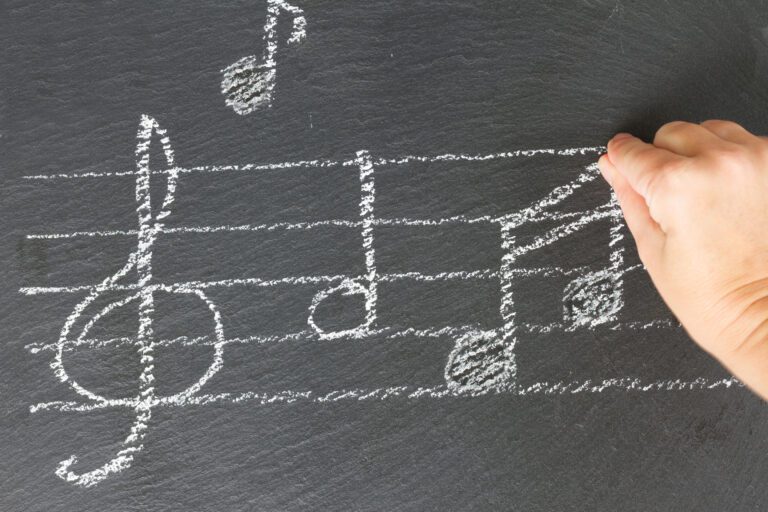
Mistakes are part of the process. Each error is a lesson. Instead of repeating the mistake again and again, isolate the section and fix it:
- Slow it down
- Use a metronome
- Work hands separately (for pianists)
- Mastery begins where the mistake occurred.
8. Choose the Right Teacher and Platform
Not all music lessons are created equal. An experienced teacher will:
- Identify your weak points
- Adjust to your pace
- Provide feedback and structure
At The Mystic Keys, our one-on-one online lessons come with personalized guidance, flexible scheduling, and post-session recordings and notes. Whether you’re learning piano, vocals, or guitar, our certified teachers tailor each class to fit your pace and goal.
9. Get Involved in a Music Community
Surrounding yourself with fellow learners can motivate and inspire you. Share your progress, join group sessions, or post your practice videos.
Our private student-teacher groups allow sharing, encouragement, and real-time updates that build a sense of accountability and community.
10. Enjoy the Journey
This might sound simple, but it’s the most important trick. The more you enjoy the process, the more consistent and passionate you’ll be. Celebrate small wins, share your recordings, and watch your progress.
Learning music should be a joyful experience, not a race.
How The Mystic Keys can help in your goal of learning music faster?
The Mystic Keys is an international online music education platform that offers one-on-one online-based lessons for all ages and skill levels. Our certified teachers are experts in piano, guitar, vocals, music theory, and more. We provide a flexible, personalized, and structured learning path—with class recordings, regular notes, homework guidance, and performance opportunities.
Whether you’re a hobbyist or preparing for Trinity College London exams, we help you learn music faster, better, and more meaningfully.
Final Thoughts
So yes—you can absolutely learn music faster. But the key lies in how you approach your learning. Combine smart strategies, find the right guidance, and stay consistent. You’ll be amazed at how quickly you grow.
Start today with a focused goal, a clear plan, and the belief that music is within your reach. Because it is.
Happy learning!
Explore Piano Lessons Online designed to help you improve your musical timing with techniques like metronome practice, tapping, and rhythm drills for better accuracy.
For more information and exciting resources about learning music, visit our website at The Mystic Keys. For more music content and exciting offers follow us on
Facebook, Instagram, YouTube, LinkedIn, Twitter, Pinterest, Reddit, Threads,
and Quora.
Related Blogs
Playing a musical instrument is a deeply rewarding pursuit, blending artistry, skill, and discipline into a lifelong journey. Whether you’re just starting out or have years of experience, there’s always room for growth.
Choosing the right instrument is one of the most exciting steps in a beginner’s musical journey. Whether you’re a parent enrolling your child, a teenager chasing a passion, or an adult reigniting an old dream, the first instrument you choose plays a big role in your learning experience.
When starting your musical journey, choosing the right instruments best for beginners is crucial to ensuring an enjoyable and rewarding learning experience. Selecting an instrument that suits your personal preferences, physical abilities, and musical goals can significantly impact how motivated you stay and how quickly you progress.


